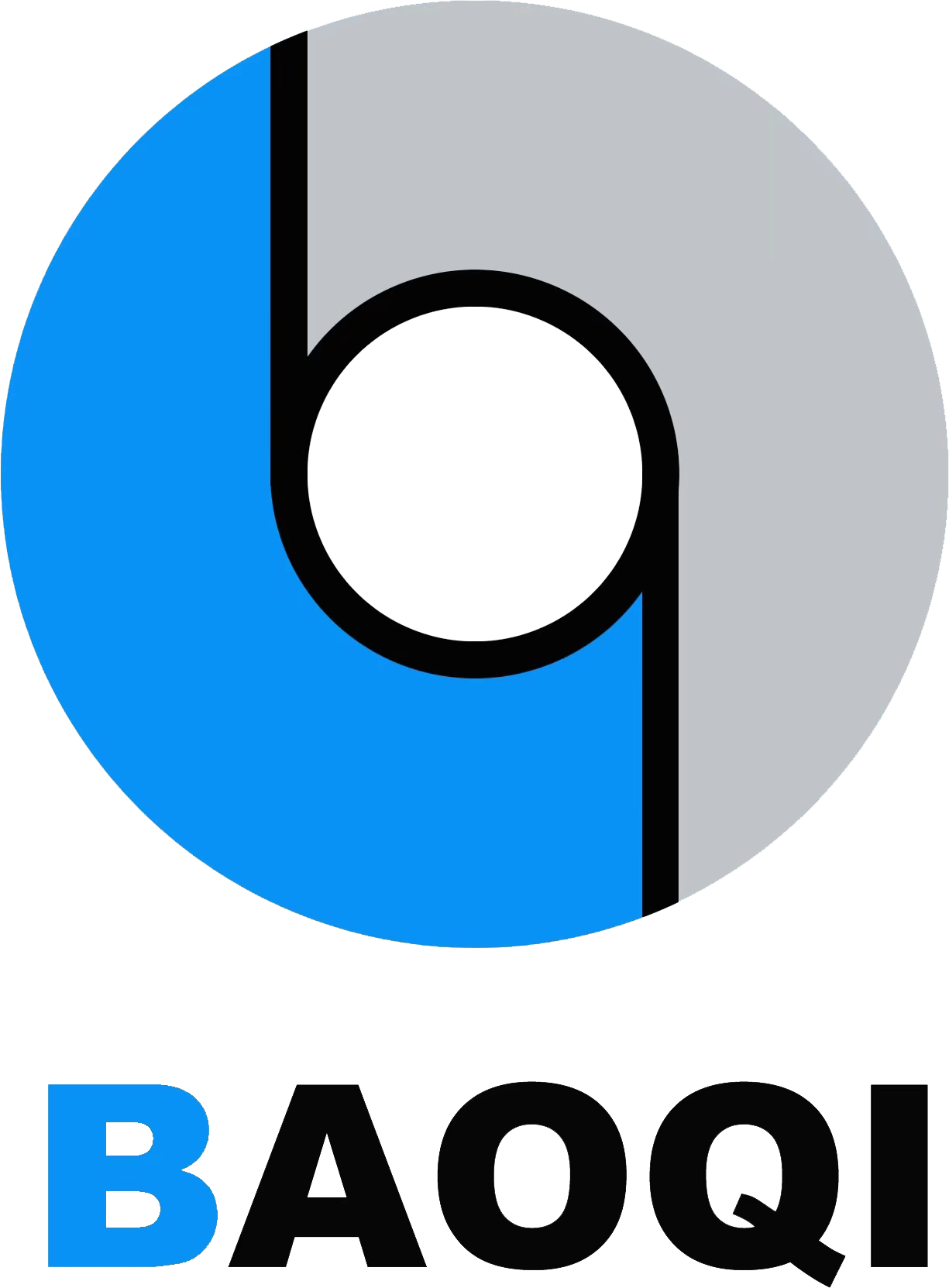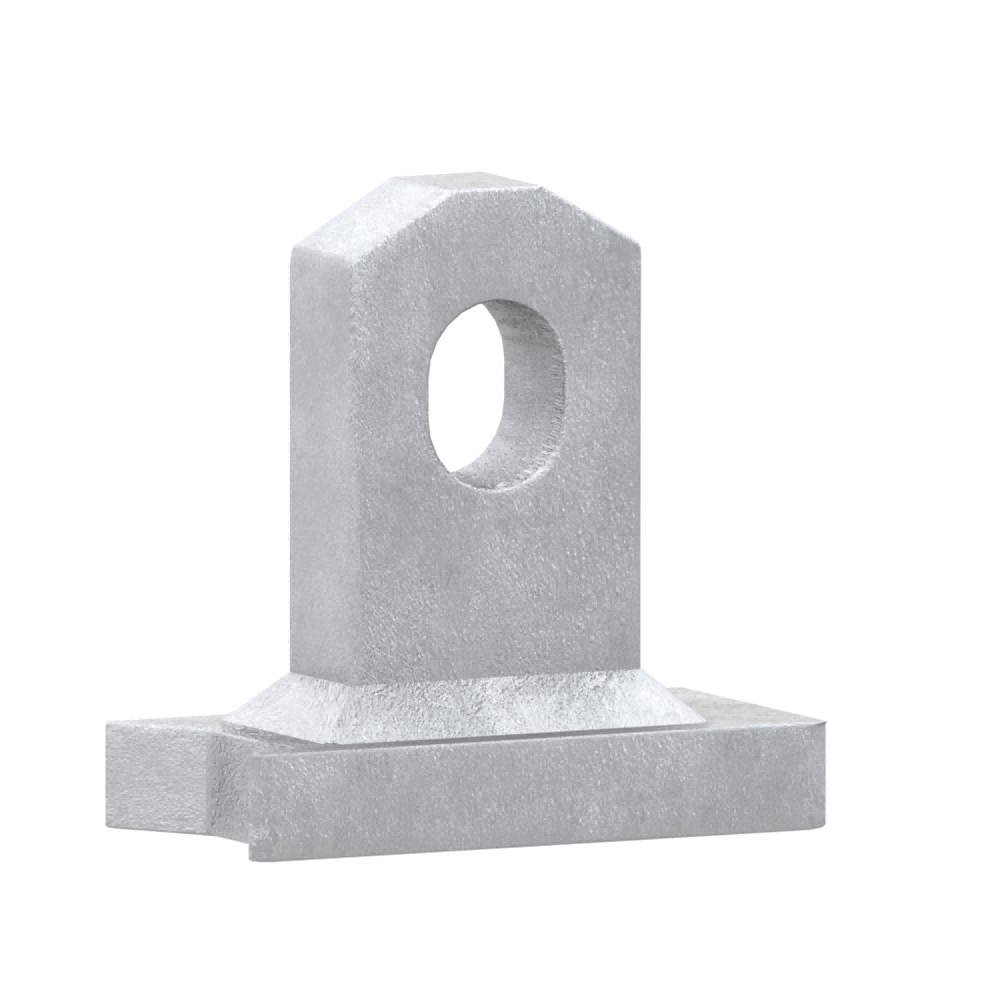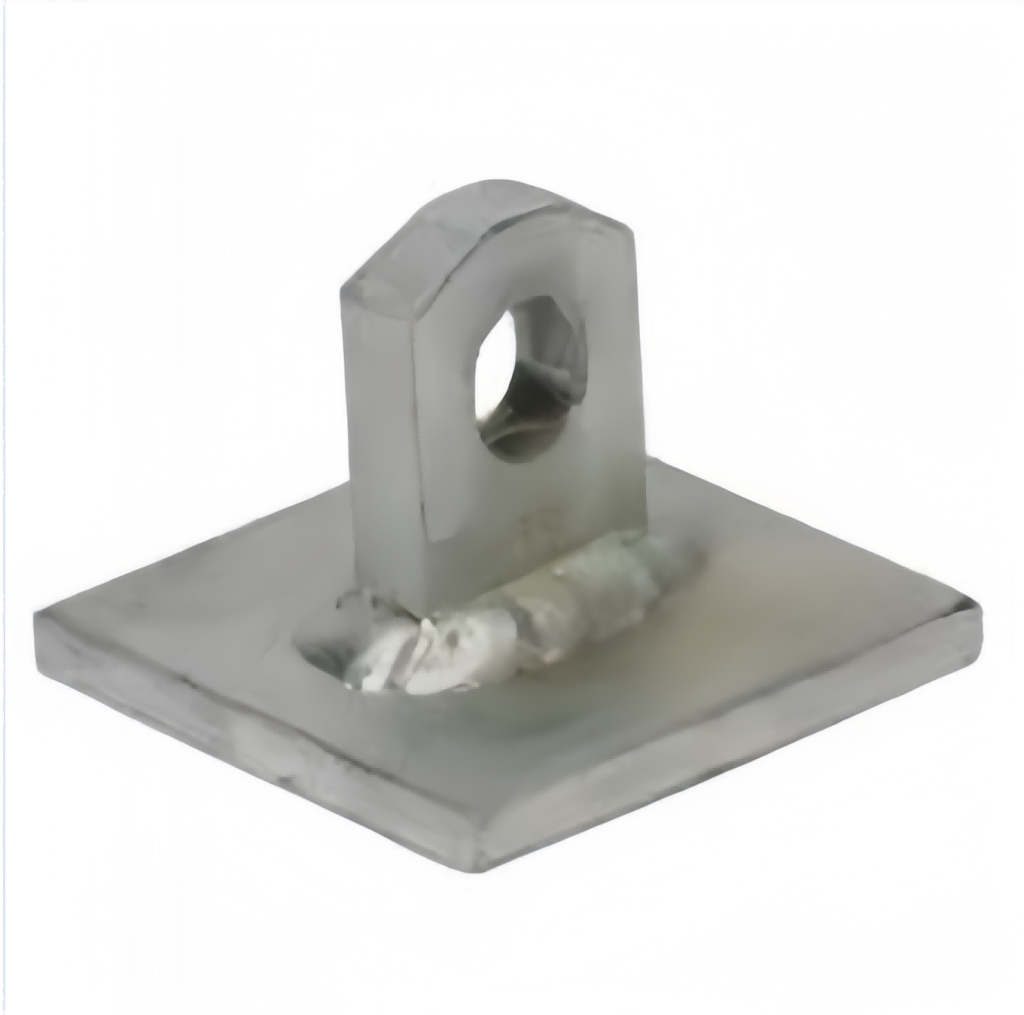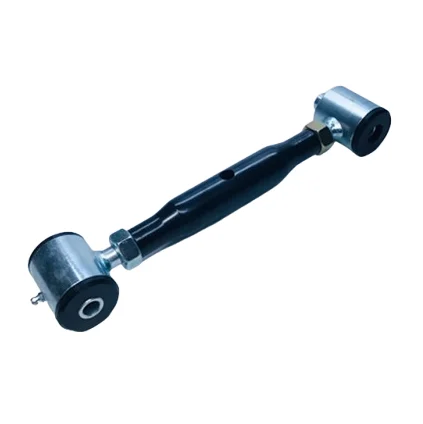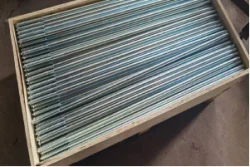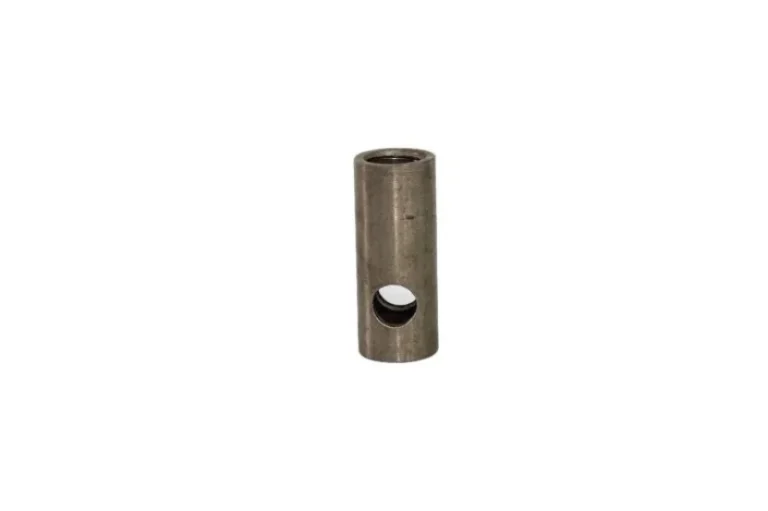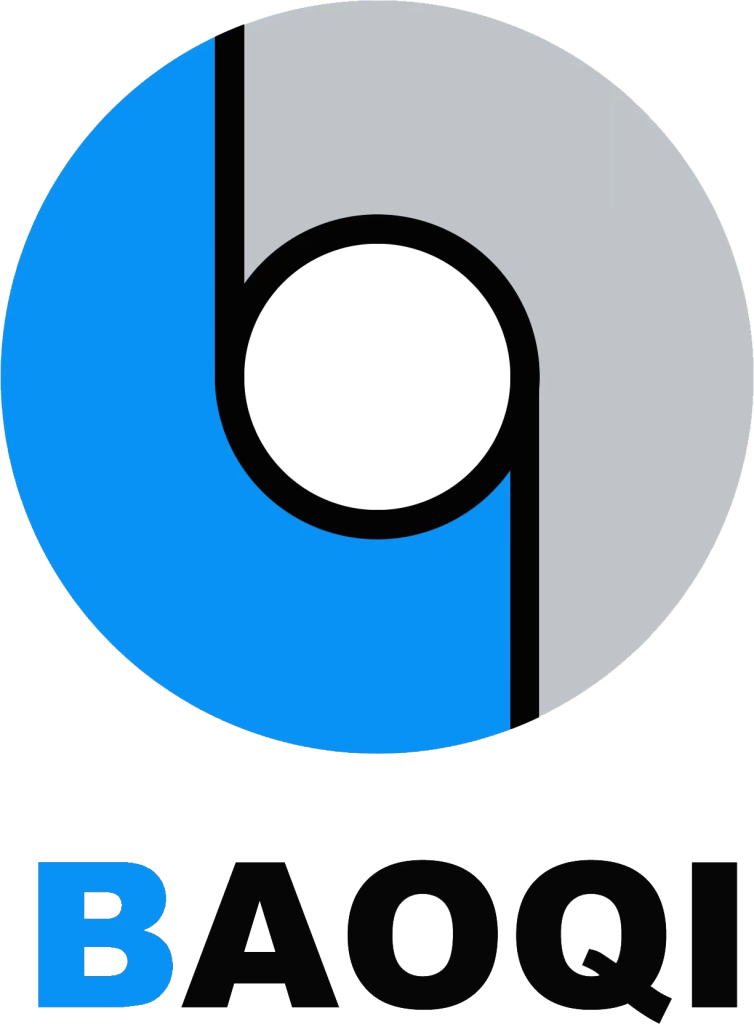Introduction: Understanding Plate Anchors
Plate anchors are critical components in civil engineering that provide essential anchorage for various structures. These anchoring devices are often found in applications ranging from residential foundations to large-scale commercial projects. By utilizing plate anchors, engineers can enhance the stability and integrity of structures, ensuring they can withstand various forces, including wind and seismic activities. This article explores the functions, applications, and advantages of plate anchors in civil engineering, shedding light on their significance in maintaining safety and durability in construction projects.
What Are Plate Anchors?
Plate anchors are fixed components that are designed to be installed below ground level, ensuring that the structures above remain stable and secure. Typically made from high-strength materials like steel, these anchors consist of a flat plate and an embedded anchoring mechanism that connects to the soil or concrete. The primary function of a plate anchor is to resist uplift and lateral forces, effectively transferring loads to deeper soil layers that can provide the necessary support. This unique design allows plate anchors to adapt to various soil conditions, making them versatile tools in engineering applications.
Importance in Civil Engineering
Plate anchors play a role, in civil engineering projects by enhancing the stability and safety of structures across applications. They help distribute loads and improve buildings’ resilience to factors, like soil erosion and groundwater pressure. The consistent performance of plate anchors underscores their importance in today’s engineering endeavors.
Applications of Plate Anchors in Various Projects
Residential Construction
Plate anchors are frequently used in construction to improve the stability of foundations and retaining walls, in areas with sloped terrain or close, to bodies of water to soil erosion concerns. These systems anchor the foundation firmly to the ground to prevent any shifting or settling issues and maintain the integrity of homes. This approach enhances safety and safeguards property values in the term.
Commercial and Infrastructure Projects
Plate anchors play a role, in commercial and infrastructure developments as well. They are commonly employed in building bridges, highways, and large buildings to ensure the distribution of loads for strength. By managing the forces acting upon structures these anchors help maintain stability even when subjected to heavy loads. Moreover, their flexibility enables their use in a variety of soil conditions making plate anchors an option, for engineers tackling projects.
Key Advantages of Using Plate Anchors
Enhanced Stability
Plate anchors offer a benefit, in providing stability for buildings and infrastructure by distributing loads across a wider surface area to minimize the chances of soil instability and foundation sinking issues. This characteristic holds value in regions of earthquakes or strong winds where conventional anchoring methods may fall short. The reliability of plate anchors plays a role, in maintaining the safety and security of structures which brings reassurance to both construction professionals and homeowners.
Longevity and Durability
Plate anchors are created with a focus, on lasting strength and resilience in mind using materials that can endure the pressures of loads as well as environmental challenges like corrosion and temperature changes without frequent maintenance or replacements necessary – a cost-efficient choice for various engineering endeavors due to their long lifespan that plays a crucial role, in supporting structures effectively.
Cost-Effectiveness
Plate anchors do not only boost stability and durability, but also offers a budget-friendly option, for civil engineering ventures by efficiently dispersing loads to lessen the necessity for extensive foundation efforts and cut down overall construction expenses. Moreover, the straightforward installation process adds to their cost effectiveness by reducing the need for materials and labor hours when compared to anchoring techniques. This means substantial savings and enhanced efficiency throughout the construction process are in store, for builders and developers alike.
Ultimately plate anchors are instruments, in engineering that bring many benefits by improving structural stability and delivering long-term financial advantages. Their uses in housing, business, and public works projects highlight their adaptability and significance, in present-day building methods. Recognizing the function of plate anchors can enable stakeholders to make choices when selecting engineering solutions.
Innovations in Plate Anchor Designs by BAOQI
Overview of BAOQI’s Commitment to Quality
BAOQI has positioned itself as a frontrunner, in creating and producing high-grade plate anchors for the field of engineering. Works executed by BAOQI emphasize quality through design criteria and adherence, to standards. By utilizing state-of-the-art materials and inventive design approaches BAOQI guarantees that its plate anchors deliver results in challenging settings. The company consistently puts resources into research and development to improve its product range so that civil engineers can depend on BAOQI for their anchoring requirements and strengthen its reputation as a provider, in the market.
Featured Products from BAOQI:
Concrete Form Ties
Concrete form ties play a role, in offering sideways support while concrete structures are curing after being poured into place. It’s noteworthy that BAOQI has meticulously designed its concrete form ties to have the load-bearing capacity to ensure the stability of the formwork and improve the overall quality of the concrete placement. Utilizing materials along with thought-out design elements helps reduce the chances of any distortion or breakdown, during construction work. Moreover, the concrete formwork ties, from BAOQI are crafted with simplicity, in mind to make setup and removal easier, which helps construction teams work efficiently and complete projects faster.
Threaded Rods
BAOQI’s threaded rods are used for a range of anchoring purposes such, as installing plate anchors. They are designed to distribute loads and securely fix in soil conditions. These rods are made using manufacturing methods to ensure tensile strength and resistance to corrosion making them durable in outdoor environments exposed to the elements. With sizes and finishes to choose from the rods can be customized to suit project needs. This highlights BAOQI’s commitment, to delivering top-notch anchoring solutions.
Installation Techniques and Best Practices
Standard Installation Procedures
It is crucial to install plate anchors to ensure they work well and last long term. Usually, the process of setting up plate anchors involves calculating the load needed and assessing the soil conditions accurately. The anchor chosen should be placed at the angle and depth according to the engineering specifications of the project. Once the excavation is done, securing and tensioning the plate anchor properly is key, to distributing the load.
Maintenance Tips for Long-Lasting Performance
Regular upkeep is essential, for improving the effectiveness of plate anchors, in construction projects. Engineers and site supervisors must carry out checks to detect any corrosion or structural issues and make necessary adjustments to prevent potential risks to the stability of the entire structure. Additionally, tension adjustments might be needed periodically to accommodate soil settling or movements over time. By adopting an approach, to maintenance planning and execution, for plate anchors it is possible to extend their lifespan and enhance their efficiency leading to the creation of longer-lasting structures.
Conclusion: Summarizing the Impact of Plate Anchors in Civil Engineering
Plate anchors have become elements, in engineering because they offer stability and distribute loads efficiently while improving the structural integrity of different constructions. The evolution of plate anchor designs by companies like BAOQI showcases the progress in the industry. Underscores the value of reliable and effective anchoring solutions. With a growing need, for eco-friendly structures plate anchors are set to play a crucial role in the future. Civil engineers and construction experts must follow the methods, for installing and maintaining plate anchors to maximize their benefits and ensure the creation of long-lasting infrastructure that benefits communities globally.
